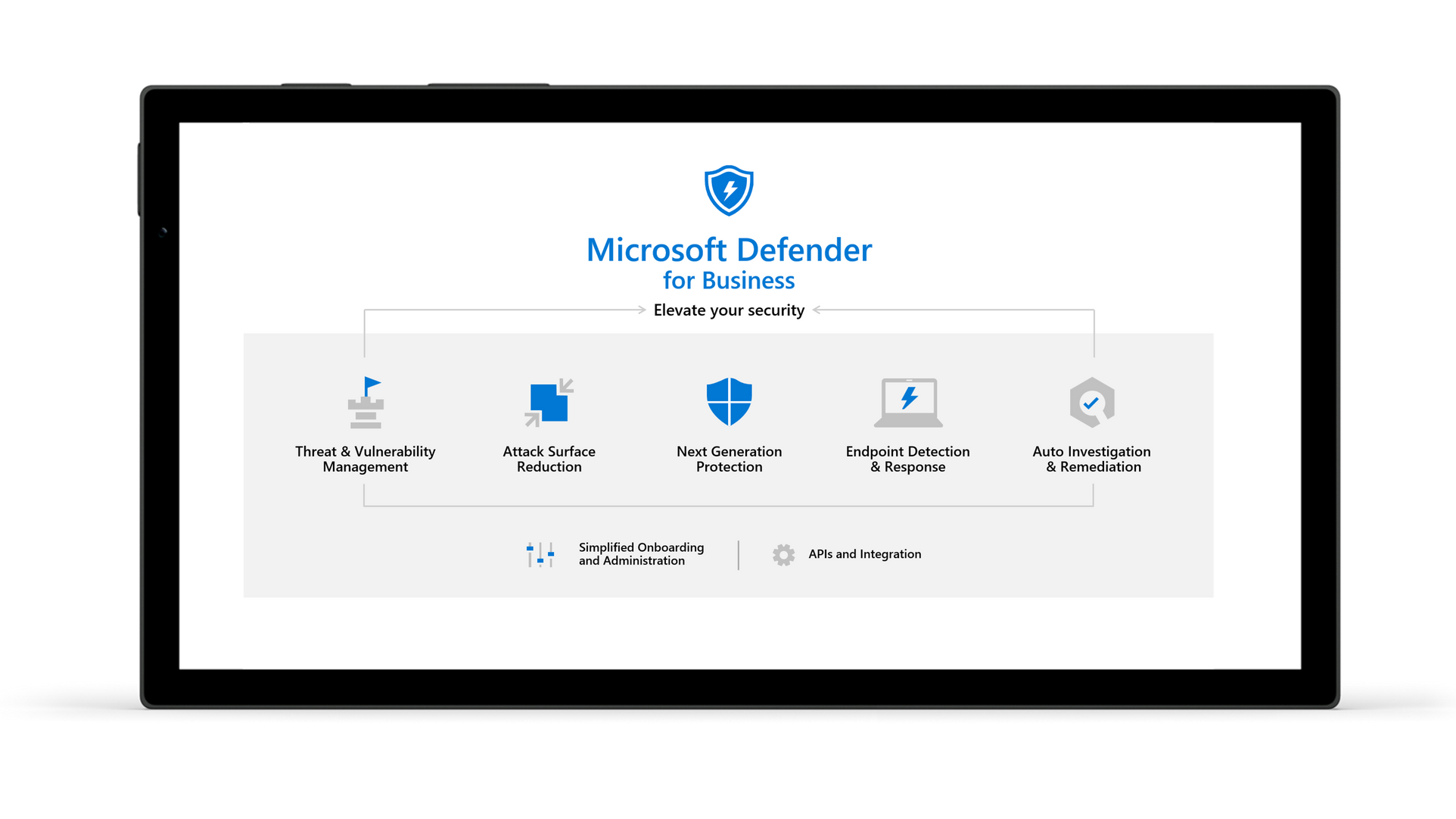Microsoft makes Defender for Business generally available
Small businesses can look forward to enterprise-grade endpoint security as well as automated investigation and remediation capabilities


Microsoft has now made the stand-alone version of Microsoft Defender for Business available.
Defender for Business brings enterprise-grade endpoint security to SMBs, including endpoint detection and response capabilities to protect against ransomware and other threats, the tech giant said yesterday while announcing the general availability (GA) of the product.
SMBs can look forward to multi-layered protection, detection, and response to protect and remediate known and unknown threats. It also comes with built-in policies to get customers up and running quickly. Its automated investigation and remediation capabilities help automate the type of work managed by dedicated SecOps teams by continuously detecting and automatically remediating various threats.
Defender for Business is also included in Microsoft 365 Business Premium, the company’s comprehensive security and productivity offering for businesses with up to 300 employees. Alternatively, customers can choose to buy it stand-alone for $3 per user, per month. The company added that additional support for servers is planned for later in the calendar year with an add-on solution.
“Microsoft believes in security for all,” said Vasu Jakkal, CVP of security, compliance, and identity at Microsoft. “We are proud to further deliver on that vision today. With the GA of Defender for Business, SMBs will get greater protection with simplified security to help them better protect, detect, and respond to threats.”
RELATED RESOURCE

Microsoft added that Defender for Business and Microsoft 365 Business Premium gives partners new opportunities to help secure customers at scale with value-add managed services. Both integrate with Microsoft 365 Lighthouse, which was made generally available on 1 March 2022, so cloud service providers can view security incidents across tenants in a unified portal.
The tech giant also underlined that in April 2022 it surveyed over 150 small and medium businesses to understand their security needs. It found that over 70% of SMBs think cyber threats are becoming more of a business risk, especially as nearly one in four reported experiencing a security breach in the past year.
Get the ITPro daily newsletter
Sign up today and you will receive a free copy of our Future Focus 2025 report - the leading guidance on AI, cybersecurity and other IT challenges as per 700+ senior executives
Despite facing similar risks as enterprises, SMBs often lack access to the right resources and tools, including security staff, added Microsoft. Many still rely on traditional antivirus for their security. Although 80% of SMBs stated they have some form of antivirus solution, 93% continue to have concerns about increasing and evolving cyberattacks.
Zach Marzouk is a former ITPro, CloudPro, and ChannelPro staff writer, covering topics like security, privacy, worker rights, and startups, primarily in the Asia Pacific and the US regions. Zach joined ITPro in 2017 where he was introduced to the world of B2B technology as a junior staff writer, before he returned to Argentina in 2018, working in communications and as a copywriter. In 2021, he made his way back to ITPro as a staff writer during the pandemic, before joining the world of freelance in 2022.
-
 Microsoft launches free consultation service for UK small businesses
Microsoft launches free consultation service for UK small businessesNews Small organisations can book a one-on-one appointment to connect online with a company expert
By Zach Marzouk
-
 Microsoft unveils Defender for Business at Ignite 2021
Microsoft unveils Defender for Business at Ignite 2021News The new security suite is aimed at SMBs struggling to protect themselves in today's cyber security landscape
By Connor Jones
-
 Xero unveils new app store for small businesses
Xero unveils new app store for small businessesNews The Xero App Store aims to make it easier for its customers to find, trial and buy software
By Sabina Weston
-
 Apple to halve App Store commission for small businesses
Apple to halve App Store commission for small businessesNews The new 15% cut is a considerable reduction from Apple’s long-standing 30% fee
By Sabina Weston

